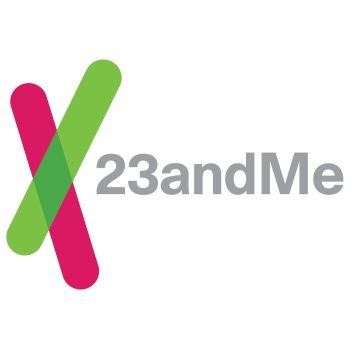
Earlier today science writer Ed Yong wrote about his experience with 23andMe over at his blog, Not Exactly Rocket Science. In this piece, he said that his 23andMe results showed that if he procreated with another science writer named Mark Henderson (a joke, as both are male), their child would not have cystic fibrosis (CF).
Several commenters were quick to point out that this is not true, that in fact Yong’s (and Henderson’s) 23andMe results merely show that they do not carry some CF mutations, not that they carry no CF mutations.
This is an important point and one that 23andMe stresses several times in our CF report. For almost every disease inherited in a simple recessive manner (meaning that a person must inherit a mutation in a certain gene from both parents in order to actually have the disease), there are many, many known mutations. Some of these are more frequent than others, and the chance of having certain mutations often varies by ethnicity.
In a world where everyone has his or her full genome sequenced, it will be pretty easy to look for every known mutation associated with a certain disease. But until that day, we’re left with imperfect tests that look at a selection of common mutations in order to screen for whether a couple might be at risk of having an affected child. These tests can tell you that there is a chance that a child will be affected. But if no mutations are detected, you don’t know that a child absolutely won’t be affected. The presence of undetected mutations in each parent could still lead to a child being born with the disease. Absence of evidence is not evidence of absence.
In the case of CF, more than 1000 mutations have been documented in the CFTR gene, and more than 500 of these have been shown to be disease-causing. The American College of Medical Genetics recommends prenatal CF testing with a panel of the 23 most common mutations. 23andMe tests for these same 23 mutations, as well as eight others. This information is available in our CF report.
As a genetic counselor who contacted Yong pointed out in an email (that Yong then posted in the comments on Not Exactly Rocket Science), the mutations 23andMe currently tests for offer more coverage to people with European ancestry than they do for people with other backgrounds. We explain this in the CF report on our site:
Ancestry also affects the chances that a person carries a mutation not included in the 23andMe panel. For Jewish and non-Jewish Caucasians, this panel will identify 85-97% of all known mutations. Numbers are much lower for African Americans, Hispanics and Asians (50-75%). Bear in mind that the panel of mutations reported here is not exhaustive for any group and that if you are concerned about cystic fibrosis you should consult a medical professional.
We are constantly striving to make our reports more useful to our customers and to make important points more apparent. We appreciate Yong’s efforts and those of the commentators on his blog to set the record straight.
23andMe is committed to giving people access to their DNA. We’re also committed to giving people the tools they need to understand this information. This incident highlights how important educating the public about genetics is. As our General Counsel Ashley Gould pointed out in her comments to the FDA/CDRH public meeting on laboratory developed tests yesterday, we believe that our service can play an important part in educational efforts, as learning in the context of your own genetic data can be extremely powerful.